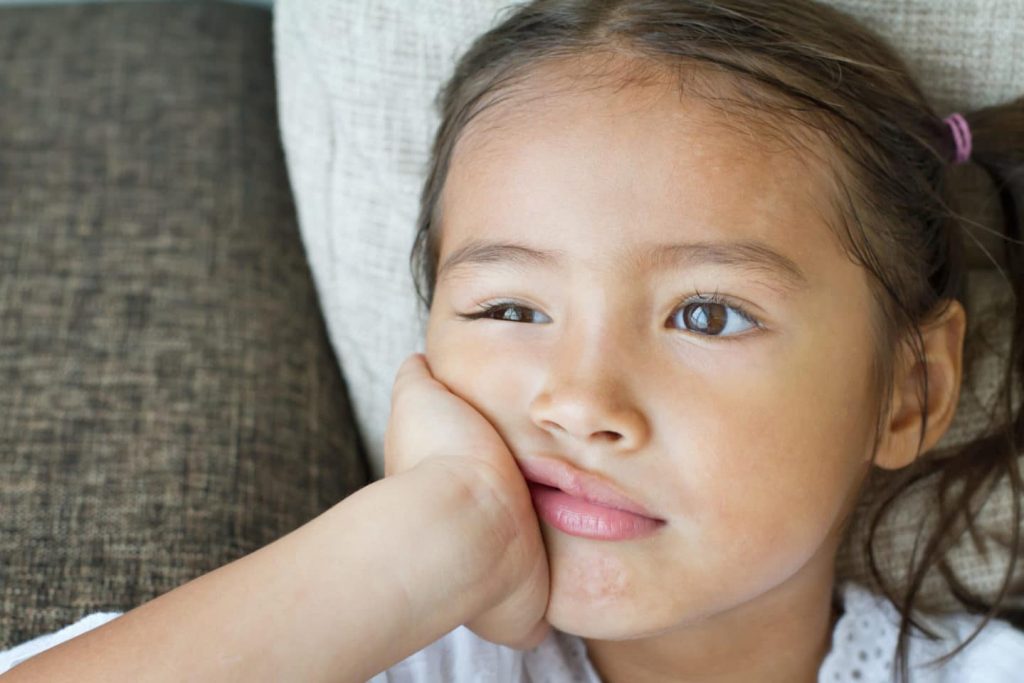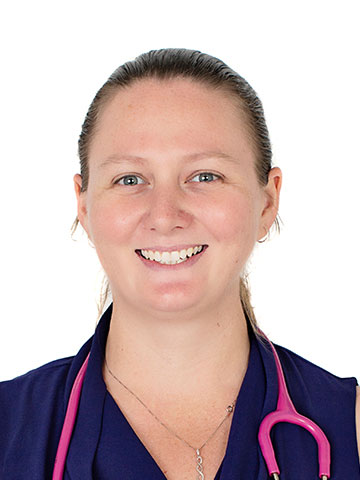Bedwetting is also known as “nocturnal enuresis”. It is a problem for many school age children and their families. At four years of age nearly one in three children wet the bed, but this falls to about one in 10 by age six, and one in 20 by age ten. Bedwetting is not a behavioural problem. Most children have no lasting problems from bedwetting but many will feel embarrassed or ashamed.
Not all of the causes of bedwetting are known. Some of the possible factors are:
- Genetic tendency. Bedwetting does tend to run in families. If one or both parents wet the bed when they were children, then it is quite likely to occur in their children.
- Small bladder capacity.
- Deep sleeper.
- Kidneys continue to produce a lot of urine at night (most people make less urine when they are asleep).
Treatment of bedwetting
Treatment is not recommended before 6 years of age as many children will get spontaneously and treatment is less effective. However, if bedwetting is worrying you or your child then you should see your doctor. It is very important to be patient and to encourage your child. Most importantly, you must understand that punishing or making fun of your child for wetting the bed will only make the situation worse. Brothers and sisters need to understand this as well.
It is important for your child to drink plenty of fluid spread evenly throughout the day. Don’t try to restrict the amount of fluid your child drinks in the evening as this will not help and can even delay the process of being dry at night. However, don’t give drinks containing caffeine (e.g. coffee, tea, hot chocolate, caffeinated soft-drinks like Coca-Cola etc) late at night.
If you are putting your child in a nappy or pull-up at night to save on laundry it is unlikely that he or she will become dry while this continues. It is better to do away with the nappy or pull-up altogether. If you must use one, at least try without a nappy or pull-up for a week every couple of months. Nappies or pull-ups cannot be worn while using a bedwetting alarm.
Bedwetting alarms are considered the most useful and successful initial way to treat bedwetting. Research has shown these alarms will help more than 80% of children to become dry, and most children will then stay dry. This treatment requires a supportive and helpful family and may take six to eight weeks to work. Alarms have good long-term success and fewer relapses than medication.
Most children with bedwetting do not need to take medication, but there are some occasions when it can be useful. Talk to your doctor about this if you think it could help your child.
Dr Kaye McMullan is a graduate from The University of Western Australia. She is based at IMC Katong and has a special interest in Children’s Health, Chronic Disease Management, Contraception & Family Planning.
If you would like an appointment please call: 6342 4440 or book online: https://www.imc-healthcare.com/appointments/

































